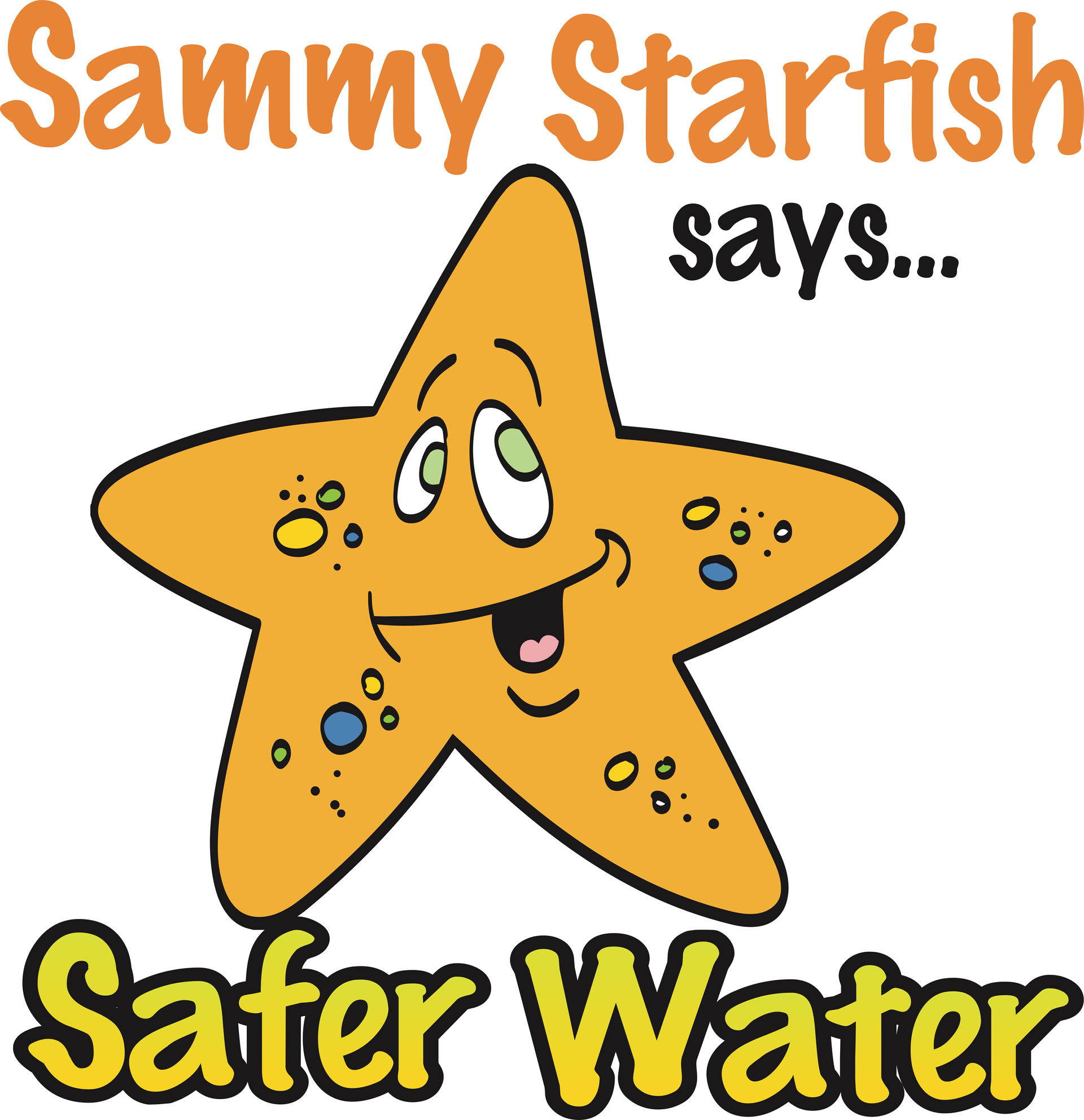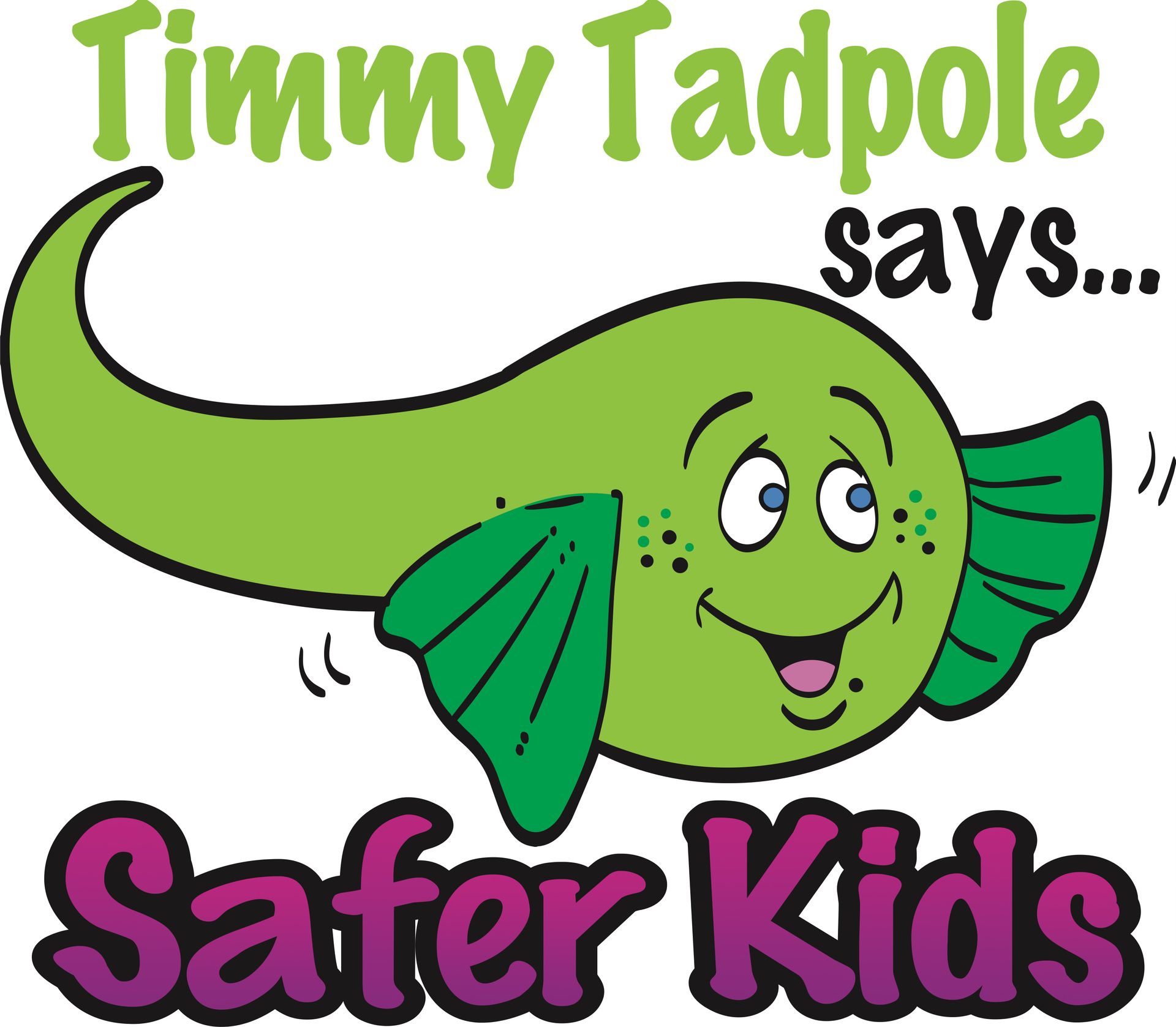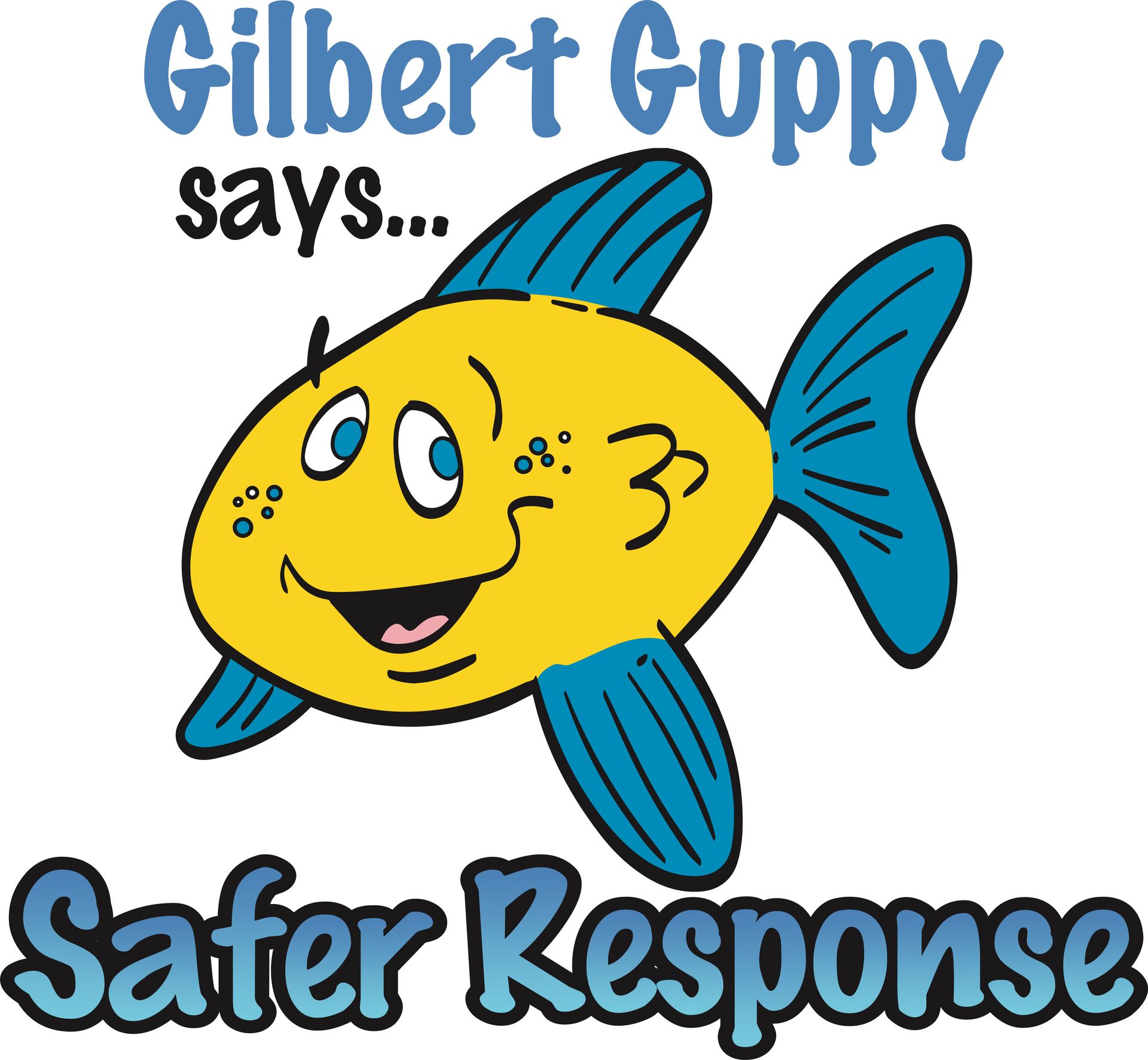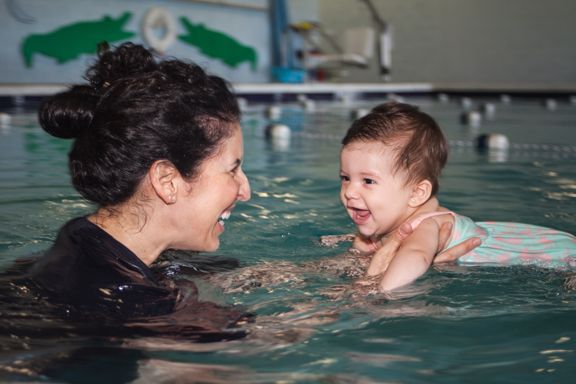How Safe is Your Child in, on, and Around the Water?
Click here to sign up for your FREE 15-minute water safety evaluation at an Ocaquatics location near you. A lifelong love of the water awaits your family!

Safer Water
(1) Learn the risks associated with all bodies of water (from pools and rivers to bathtubs and toilets). Reduce those risks by installing the appropriate safety mechanisms, such as a fence, door sensors, a pool drain cover, and a toilet lock.
Designate an adult water watcher to monitor the pool area at all times and make sure your child understands the importance of a child never swimming alone or without adult supervision.
Safer Kids
(2) Make sure your child learns the basic water safety skills of floating, treading water, and swimming as young as possible. Participating* in formal swimming lessons reduces the risk of drowning in children ages 1-4 by 88%.
Teach children to practice these additional precautions when in open water:
- Wear your life jacket
- Enter unfamiliar water feet first
- Only swim in designated swimming areas
- Look for signs that indicate potential dangers.


Safer Response
(3) Be prepared for emergencies. Have a plan in place and always have a phone nearby to call for help if needed.
If someone is struggling to stay afloat, it’s best to call for help and then Reach, Throw, Don’t Go!
Reach with a pool noodle, broom, or paddle.
Throw a ring buoy, ball, or kick board. You can also learn CPR and other life-saving techniques.
Don’t Go! A person who is struggling in the water may attempt to use you as a floatation device, ultimately putting you in danger.
Invite Sunny and Sol to your child’s school!
We’re happy to take our water safety education on the road. Ocaquatics offers a 20 minute water safety introduction with handouts for classrooms throughout the Miami community. Contact us if you’re interested in spreading the water safety word with us.
Want to learn more water safety tips to keep your child safer in and around the water? Check out our Blogs!

Learn more about the water safety organizations working to make our children safer around the water.
If there is an emergency in the pool and someone is struggling to stay afloat, reach or throw something to assist them and never go into the water yourself. A person who is struggling in the water is very scared and may try to pull you down to be able to catch a breath. In an emergency like this, reach over with items such as a pool noodle, broom or paddle. You can also throw items that float like a ring buoy, ball, or kick board to the person in trouble. Always call for help when an emergency like this is occurring.
* Water safety education is critical in reducing water-related incidents. Participation in formal swimming lessons has been associated with an 88% reduction in the risk of drowning in children ages 1-4 according to a 2009 study from the National Institute of Child Health and Human Development.
















